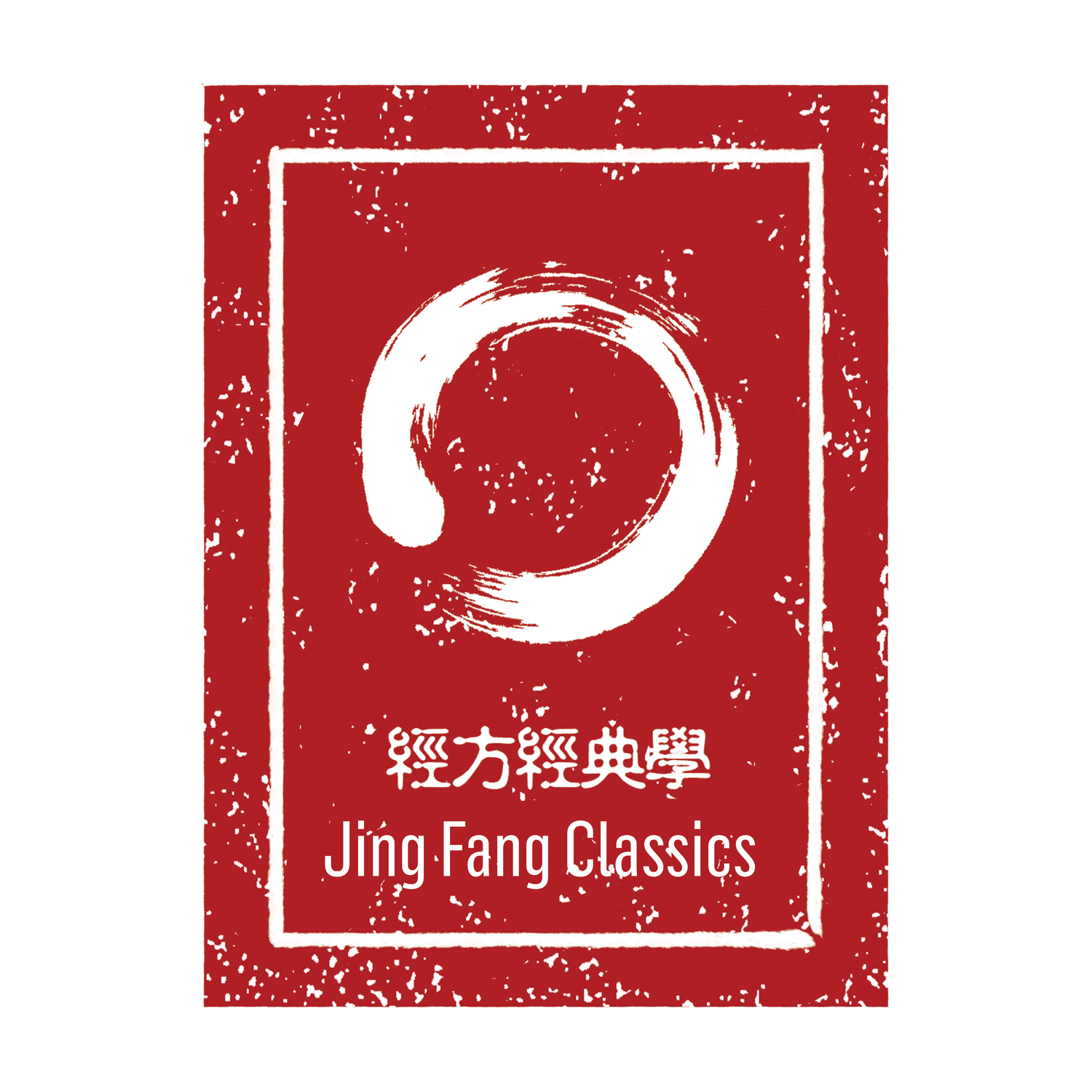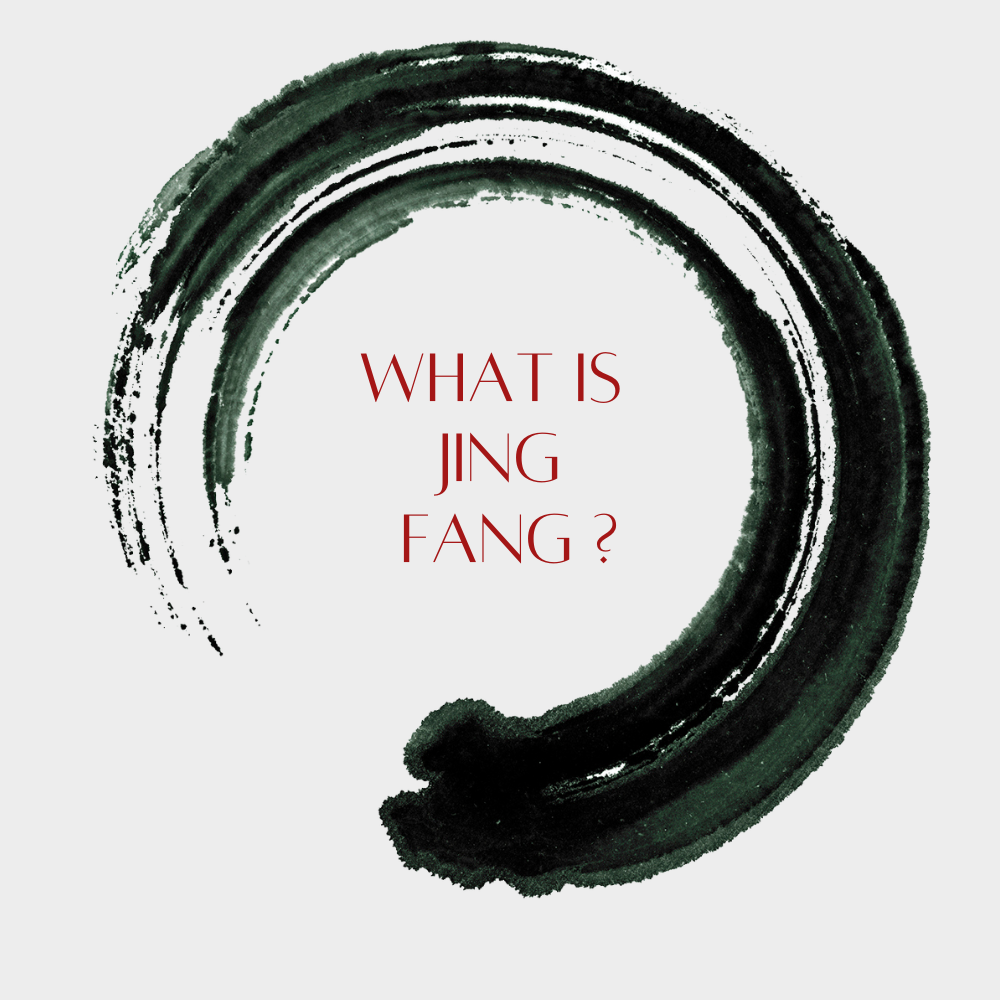Jing Fang 經方, or Classical Formulas, refers to a collection of herbal prescriptions derived mainly from foundational texts such as the Shen Nong Ben Cao Jing (神農本草經) and the Shang Han Za Bing Lun (傷寒雜病論). These prescriptions represent the medical practices of imperial China during the Han Dynasty, often considered the Golden Age of Chinese Medicine.
The Shang Han Za Bing Lun (傷寒雜病論), or Treatise on Cold Damage Diseases, was authored by Zhang Zhongjing (張仲景) (circa 150-219). After his death, the original text was lost and later reconstructed into two separate works: the Shang Han Lun (傷寒論) and the Jin Gui Yao Lue Fang Lun (金匱要略方論).
The theoretical and clinical principles of Jing Fang are among the oldest and most authoritative formulations in Chinese medicine, demonstrating remarkable effectiveness in internal medicine practice for nearly two millennia. To fully grasp and effectively utilize later formulas in clinical practice, it is essential to understand this advanced, clinical, and scientific system, which forms the foundation of Chinese herbal medicine.
The Jing Fang approach is systematic and logical, focusing on a core set of formulas that typically include a small number of herbs. This makes the practice of prescribing Chinese materia medica both manageable and accessible, whether you are an experienced herbalist or a novice.
Much like acupuncturists who may study over 361 points but use only 80-100 in clinical practice, Jing Fang emphasizes the most commonly used and effective 80-100 herbs and formulas. This method enables you to master modifications and combinations effectively. The concepts of Lei Fang 類方 (families of formulas), Fang Zheng ⽅證 (Formula Syndrome), Yao Zheng 藥證 (plant syndrome), and Ti Zhi 體質 (constitutions) are creative and easy to grasp. They offer precise clinical focus and integration with the patient’s signs and symptoms, allowing for a clear diagnostic picture and appropriate formula selection.
Jing Fang provides holistic treatment by addressing the root cause of disease, focusing on the individual rather than the disease itself. This approach means that the same formulas can treat various diseases, and different formulas can address the same condition. The theory and clinical skills can be directly applied to your practice, with herbal formulas tailored to each patient's specific condition.
You will also learn to adapt your formulas based on patient progress. The effects of Jing Fang treatments are gentle, with minimal side effects, and you will be equipped to prescribe formulas in various forms—raw herbs, granules, powders, or capsules to suit patient convenience.



